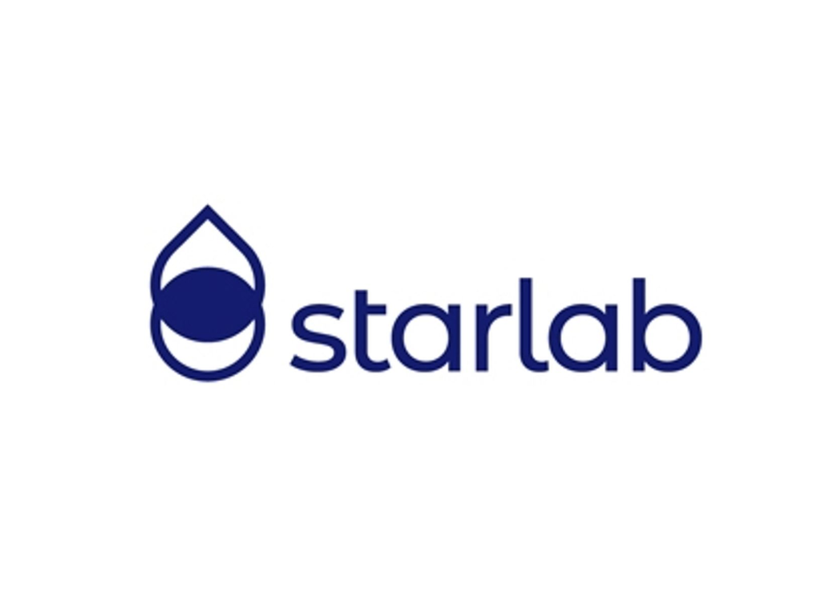Starlab launches the sale of the first TipOne racks made with recycled TipOne plastic
The launch marks the highlight of a 10-year journey
12 Aug 2025
Following the successful start of production in Germany in January 2025, Starlab is now starting the sale of the first TipOne® racks with TipOne® recyclate. This marks the next milestone for the company after years of development and the systematic establishment of a European recycling infrastructure: turning plastic lab waste back into high-quality lab products.
Over 2000 laboratories are currently collecting and returning their TipOne® components, enabling a closed loop for lab polypropylene. Starlab has received a lot of positive feedback from European laboratories.
"With the start of sales, the circle not only closes – it truly begins. The new racks can be recycled again after use, allowing the circular economy wheel to spin indefinitely," says Klaus Ambos, President & CEO of Starlab International.
Breakthrough for sustainable laboratory economy
The launch marks the highlight of a 10-year journey: from visionary product development to the establishment of a European recycling infrastructure, leading to the first production of new racks made primarily (75% TipOne® recyclate in the base) from the very material that the labs themselves have collected – a true endless cycle.
The concept is based on the exclusive use of polypropylene (PP) throughout the TipOne® system, enabling direct and efficient processing into new raw material. Since 2021, labs in Germany, Austria, France, the UK, and from 2025 also in Italy, have been collecting their TipOne® plastic waste through the established recycling service.
Measurable environmental benefits through a circular economy
The reduction of environmental impact the circular economy brings is already impressive: through collaboration with the REMONDIS Group, Starlab achieved significant resource savings in 2024. The recycling programme saved 38.72 tonnes of CO₂ equivalent in 2024. This CO₂ saving corresponds to the annual carbon sequestration of ~1,575 trees. That is comparable to approximately 40% of the trees currently growing in Hyde Park in London (~4,000), one of Europe’s most renowned green spaces.
Through photosynthesis, trees absorb CO₂ from the atmosphere and permanently store the carbon in their wood and roots. According to the non-profit organisation ForTomorrow, a tree binds an average of 24.6 kg of CO₂ per year. Since Starlab will repeatedly reuse the recyclate in its own TipOne® product, the actual savings will increase with every cycle through the closed loop.
The calculation model was developed by the Fraunhofer Institute for Environmental, Safety and Energy Technology (UMSICHT). REMONDIS Resource Management GmbH applied this model to calculate the data and issued an official certificate confirming the success of the closed-loop recycling service.
Looking ahead, Starlab plans to expand the recycling programme to more European markets and further increase the recycling rate.
"Together, we’ve done it," Klaus Ambos rejoices. "Without the trust and participation of our lab customers, this circular economy would never have been possible. Even in demanding sectors like the Life Science industry, plastic can be sustainable when everyone pulls together. Our aim is to continue leading the way towards more sustainable pipetting and systematically reduce laboratory waste across Europe," Ambos concludes.
